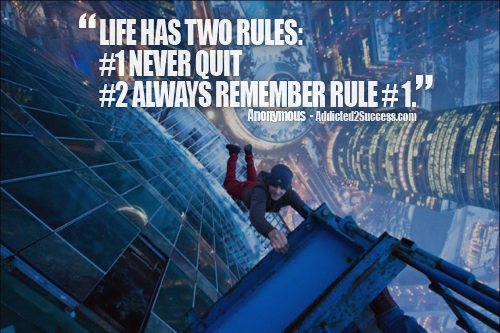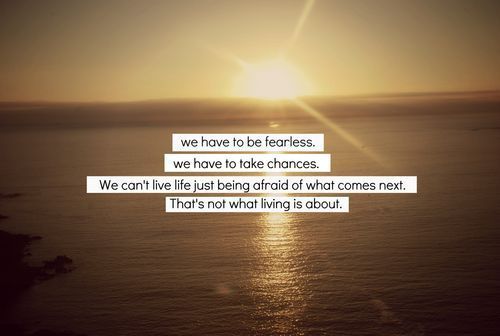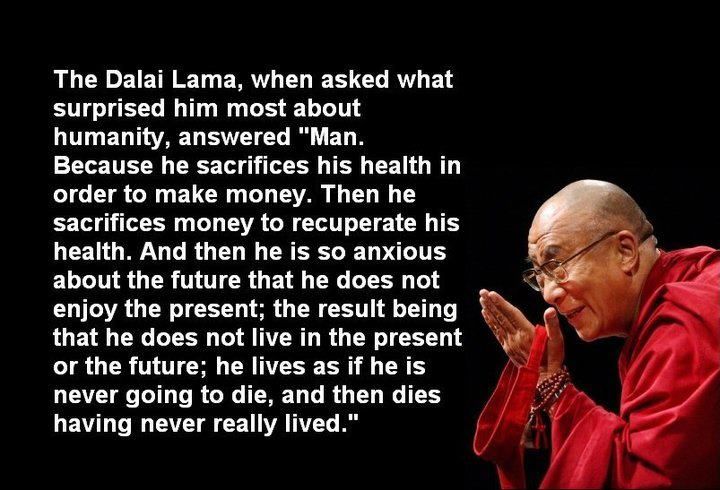Here is a letter we recently received from one of our past clients
In December 2009, mired in the depths of the Great Depression, Aston Martin of San Diego closed its doors for the last time. Simultaneously, doors closed on my employment, and my second career, six mostly profitable and enjoyable years in the ultra-luxury automobile industry.
I was ready to be done with it, excited about the next opportunity that awaited me, though I had no idea what that would be, nor how foolish and naive such excitement would prove to be in the job climate I would encounter. At that point I knew little about the mostly desolate employment prospects awaiting older, displaced “white-collar” workers.
Several weeks later I found out I had been diagnosed with cancer. Thoughts of new career directions and opportunities vanished. Life-threatening illnesses have a way of altering one’s perspective and priorities. Much of 2010 was absorbed in treatment and recovery, physically, psychologically, and emotionally. Fortunately, my disease had been diagnosed at a reasonably early stage. Post treatment prognoses were favorable and have remained so until the present.
During 2010 I periodically (and, in retrospect, half-heartedly) pursued employment opportunities. In marketing. In sales. In banking. Nothing. I joined and participated regularly in networking groups, meeting hundreds of people in situations similar to mine. Still fruitless. By late 2010 I was discouraged and rudderless.
Fortunately, though my wife had also lost her job early in 2010, we able to get by on unemployment. Our benefits were far less than our regular workplace checks of course, but we had lived within our means and were thus able to remain stable without dipping too dramatically into savings or retirement accounts. For both of us, long term unemployment benefits proved a god-send. It helped each of us transition back into the workplace. Here’s how that happened for me.
Early in 2011, I paid a visit to an old friend who was the Director of Professional Development for San Diego State’s College of Extended Studies. We discussed my qualifications, which were considerable but in no way clearly focused or directed, and explored some of the programs offered by Extended Studies to see if there might be a fit for me.
I didn’t come away from that meeting with any clear direction, but I did get some valuable advice. Tamara spoke highly of the East County Career Center and suggested I explore the resources available there. That would prove to be a genuine stroke of good fortune.
In the next few months I took advantage of ECCC’s considerable employment resources – career counseling, resume preparation, job-hunting tips and tactics, household budgeting, aptitude testing, and most fortuitously, re-training programs for career transition. In this regard my connections would later come full circle.
At the conclusion of all these ECCC sessions I had at long last come to a decision on a new career direction. My previous careers had provided me great personal satisfaction – a considerable number of awards, recognition, a nice living. But these experiences contributed nothing toward the betterment of society, and this time around – my final chapter – I wanted my work to be about that. I chose healthcare. Specifically I wanted to pursue Medical Coding and Billing, a program offered through SDSU’s College of Extended Studies, paid for by Workforce Partnership funds.
That spring, I began the program, which was offered online and was self-paced. Though programmed as a six-month course, I finished it in three. Out of work and highly motivated, I sped through the course, and I excelled. But I knew I needed more qualifications, especially lacking work experience in my new field. At my own expense and on my own time, I studied and prepared on for national certification as inpatient coder. On the last day of September, I completed the four-hour exam and was thrilled when I learned that I scored extremely well on the exam, and was now a Certified Coding Associate through the American Health Information Management Association.
During my preparation, I scoured the internet for information about the prospects of landing a job in health information lacking any work experience. Over and over the answer came back – volunteer. Within a few weeks I landed an excellent volunteer opportunity with Sharp Memorial Hospital, working in the Kidney Transplant Department. The staff there was appreciative, supportive, and extremely helpful. I was given wonderful on-the-job responsibilities and often devoted more than 20 hours a week there.
Early in January, I received an email regarding a job I’d applied for two months before. In matter of a few weeks I was offered a position, which I immediately accepted. Since that time, I have worked as a Medical Record Technician for the Military Sealift Command, providing Occupational Health services to civilian crews which man U.S. navy supply ships. I have very much appreciated, and enjoyed, my job, but about a year after I started, I decided that I wanted to advance further in the medical field.
So, once again, I’m a student. But this time, it’s part-time while I continue to work full-time job. My experience with my Workforce Partnership funded training had re-kindled my thirst for knowledge, and given me the confidence to pursue online education.
For the last year-and-a-half, I’ve been studying Cancer Information Management at Santa Barbara City College. It’s my goal to become a Cancer Tumor Registrar, a vital through little known role in the struggle to find a cure for cancer. Registrars analyze, collect, and disseminate cancer information regarding diagnosis, treatment and research. I’ll complete the program, one of the most highly regarded in the country, in about a year. I will, of course, still be in my newly chosen field, but with a slight detour in the route.
None of this -- none of it -- could have happened without the Workforce Partnership and the East County Career Center. I am the embodiment of someone who seized an opportunity presented, took it and prospered. But again, none of it happens without the opportunity.
I am grateful to be able to thank you for giving me that opportunity. I hope your work, and the funding that goes with it, will continue, so that others can benefit as I have.
Respectfully,
David C.






















